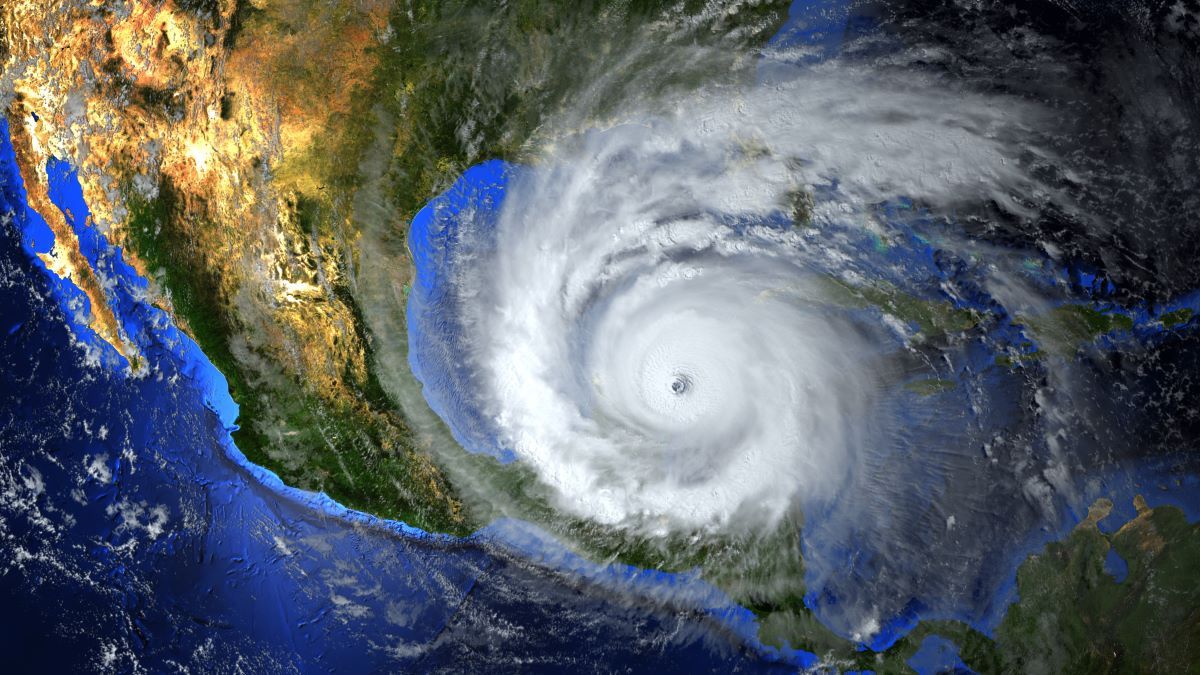We don’t envy Florida residents today. The state, still reeling from the devastation wrought by Hurricane Helene is about to suffer the wrath of Hurricane Milton. This colossal storm is currently a Category 5 and will impact the state at around 11 pm tonight.
A mass evacuation is currently underway, with residents having been warned in stark terms that if they remain in their homes “you will die.” Cities in the Tampa Bay area are expected to see a colossal 15 feet(!!) of storm surge, 175 mph winds powerful enough to tear apart buildings, and dangerous debris in both the water and the air.
Remaining in Milton’s path is suicidal, with the National Hurricane Center putting the storm in historic terms:
“Milton has the potential to be one of the most destructive hurricanes on record for west-central Florida.”
When the dust settles, could Milton be the most apocalyptic storm to ever hit Florida? Let’s take a look at the competition.
Mother Nature doesn’t mess about
First up, the recent Hurricane Helene just about makes the HURDAT official chart. Expect her to be bumped down of it as of tomorrow though, because her 140 mph winds put her at the very bottom of the top ten and Milton is almost here. There are nine other hurricanes above Helene should give you some indication of how scary these storms can be.
The most serious storms in the list clock in at 150-165 mph wind speeds, including 2022’s Ian, 2004’s Charley, 2018’s Michael and, in the number 2 spot, 1992’s Andrew. Each of these caused untold damage and resulted in many deaths, and all pale in comparison to the terrifying chart-topper.
This is the 1935 Labor Day hurricane, which almost wiped the Florida Keys off the map. With windspeeds at a terrifying 185 mph, an 18-20 ft storm surge swept over the upper Florida Keys destroying all standing structures, leaving debris-strewn wasteland in its wake. As you would expect, buildings in the 1930s weren’t built to the same construction standards as now, meaning the destruction in many areas was absolute. The official death toll is 423, though it’s suspected the true number is much higher.
It’s a wafer-thin silver lining for Florida residents that Milton probably isn’t going to top that, though by all estimates it’ll come closer to those wind speeds and storm surges than any storm since. But, very technically, the region has suffered one storm that eclipses even 1935.
Enter the Hypercane
Prepare to head back 65 million years to a sunny summer’s day in the Late Cretaceous Period. The dinosaurs on what will one day become Disney World are munching on plant life, eating each other, and generally doing typical dinosaur things.
Then… *WHAM*. A six-mile asteroid strikes Earth on what’s now Mexico’s Yucatán Peninsula. Everything in the area’s day was rapidly ruined, but now scientists also theorize that the impact generated a “hypercane.” This would have seen 500 mph winds and a pressure drop so low it would have caused altitude sickness.
A hypercane of this intensity would have resulted in a storm system roughly the size of North America, with the geographical location on Earth now occupied by Florida getting the worst of it.
Knowing there’s always a bigger storm out there will of course be scant consolation to anyone fleeing for their lives from Milton. Here’s hoping the evacuation is complete, the death toll is low, and reconstruction funds are quickly available. Either way, buckle up, because it’s going to be a bad night.
